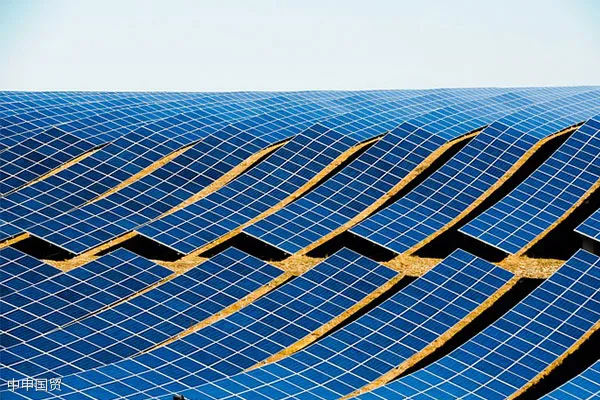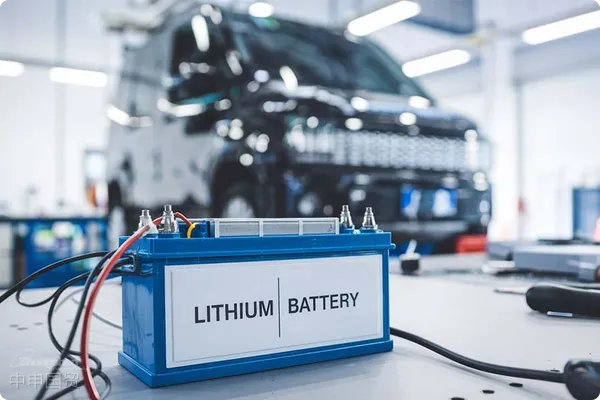- Shanghai Zhongshen International Trade Co., Ltd. - Two decades of trade agency expertise.
- Service Hotline: 139 1787 2118

With the growing global demand for renewable energy,photovoltaicsolar panels have become a focal point. In this context, Australian Prime Minister Anthony Albanese recently announced that the Australian government will invest AUD 1 billion (approximately USD 650 million) to boost domestic solar panel production. This move aims to help Australia gain more economic and financial benefits in the global transition to renewable energy while also reducing reliance on Chinese solar products.
Albanese pointed out that although Australia has the highest per capitasolarsolar panel power generation in the world, less than 1% of the installed solar panels are domestically produced, with the vast majority imported from China. He stated: Currently, about 90% of the worlds solar panels are produced in just one country (China), which also dominates international trade in this sector. Australia has lost opportunities in industrial production, but now we must change this situation. That is the purpose of our governments decision to provide maximum financial support.
Albanese emphasized that through government financial support, Australia hopes not only to enhance its self-sufficiency in solar panel production but also to play a more significant role in the global solar market. The plan, named Solar Sunshot, is intended to promote the development of Australias domestic solar industry, create jobs, drive economic growth, and bring long-term stability and sustainability to Australias renewable energy supply chain.
Analysts noted that this move by the Albanese government reflects Australias desire to reduce strategic dependence on Chinese products, particularly in critical sectors. Australia had previously banned Chinese companies from participating in 5G network construction due to security concerns.
However, some experts pointed out that China has become the worlds largest solar panel manufacturer, with economies of scale and a complete industrial chain. It will not be easy for Australia to compete with China in this field in the short term.
Other analyses suggest that due to geopolitical influences, Australia may act cautiously in its economic and trade relations with China, reducing mutual dependence. However, cooperation prospects between the two countries in areas such as energy remain broad. Balancing risk reduction with mutual benefits will be a major challenge for both sides.
Related Recommendations
Category case
Contact Us
Email: service@sh-zhongshen.com
Related Recommendations
Contact via WeChat

? 2025. All Rights Reserved. Shanghai ICP No. 2023007705-2  PSB Record: Shanghai No.31011502009912
PSB Record: Shanghai No.31011502009912








